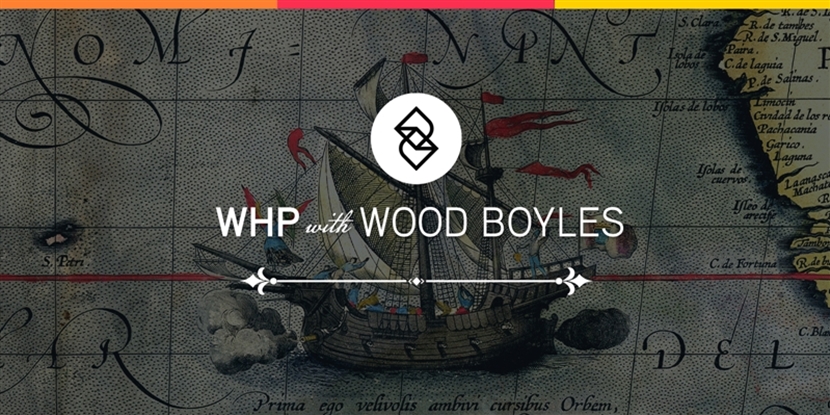The Industrial Revolution began in 1750 when a shortage of wood and an abundance of coal deposits in Great Britain created a new reliance on fossil fuels for heating and cooking. British engineers discovered that they could also burn coal to make steam to power machines, ships, and trains. While this industrialization started in Britain, it eventually spread around the world.
Driving Question: What was the industrial revolution?
- The industrial revolution has affected all of us, as machines and chemical energy started to replace human and animal energy, or the work that humans and animals were doing. This particular revolution started in Britain, which was the first place in the world to industrialize. Britain had an abundance of coal, which was helpful since coal was the first fuel for the industrial revolution.
- So, Britain industrialized first, and that industrialization changed things for many British people. They moved from rural areas into cities. They had to begin living by the rhythms of the work shift and, for children, the school bell. People got a wage and bought food instead of raising it themselves. This ended up impacting the world, because other countries wanted to keep up with Britain, so industrialization spread.
Word of the Day: Industrialization
- Definition: the development and adoption of mechanical and chemical processes on a large scale.
- Britain making factories or Japan starting to produce steel on a large scale are examples of industrialization.
Lesson
- Go to Khan Academy and read “Japan’s Industrial Revolution” in Lesson 6.2
- This is an account of how Japan industrialized. As you read, think about what we’ve told you about Britain and compare what you know about Britain to what you read about Japan.
Historian’s Journal Prompt
- Has the industrial revolution ended?
- In just the last couple decades, the Digital Revolution has radically altered the ways we communicate, send information, and interact with technology on a day to day basis. New technologies are emerging each day, as well as new ways to use them that make people’s lives easier and better. Think about some technologies that you use every day, and how they help make your day to day life easier. Is there anything you would change about them? And are these technologies a continuation of the industrial revolution, or a change?

